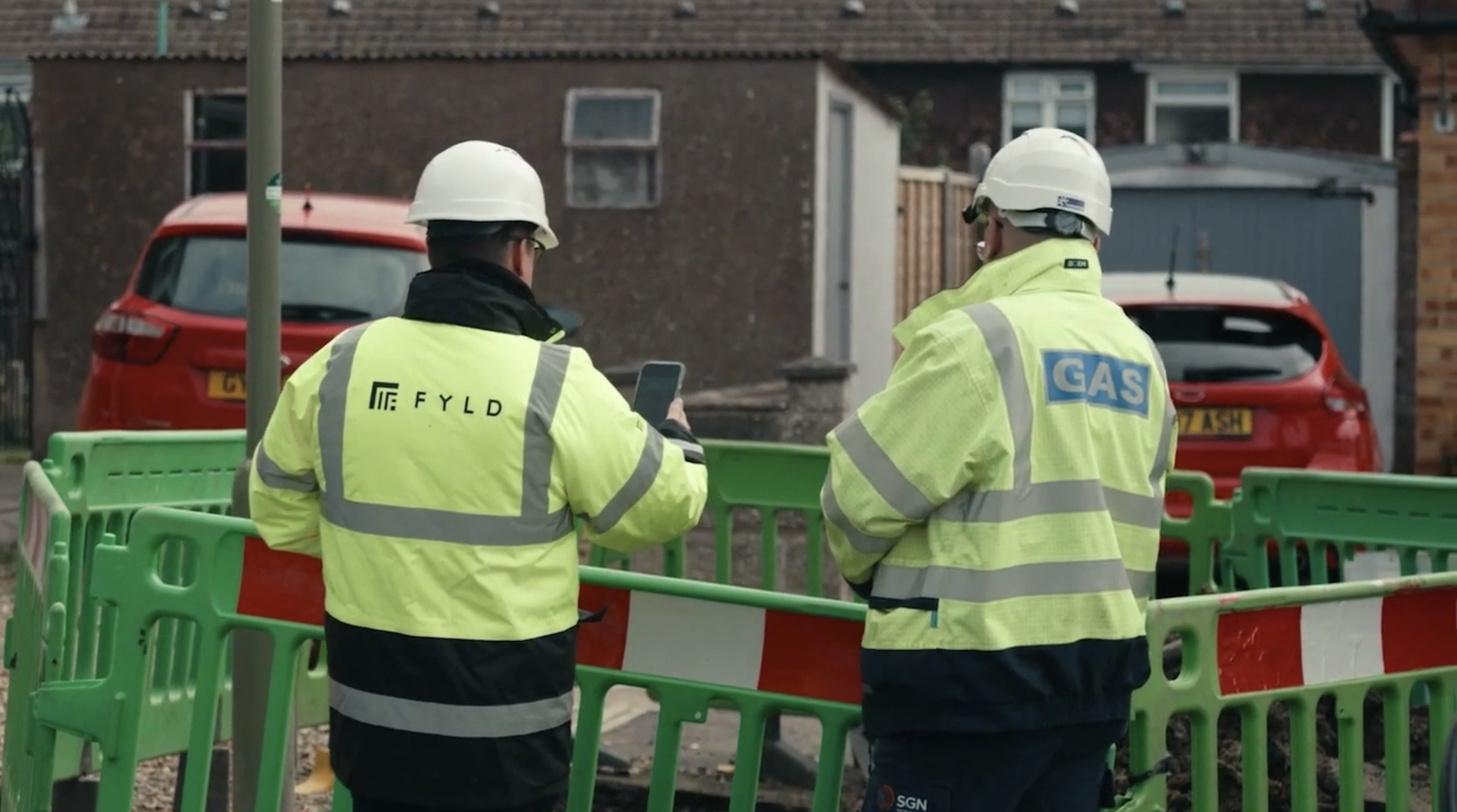It’s a scene venture capital firms will know well. An exciting startup with a big branding budget, flashy visuals and one too few vowels in their name comes in for a pitch, claiming to “revolutionise the way we do business” with an “AI-powered platform”.
Startup clichés aside, the two-lettered abbreviation at the beginning of the pitch should set alarm bells ringing. As any VC worth its salt should do, you ask for a product demo, an assessment of the overall data infrastructure, look out for any proprietary AI models and assess these models’ accuracy. Sadly, it often doesn’t take more than an intro call to understand that there is not much underneath the hood.
Startups shouldn't try to force AI into their solution just for the sake of posing as an AI startup and picking up some of the abundant VC capital available
Out of the hundreds of proptech deals I've assessed during the last two years in the UK alone, almost 35% claimed AI or data science as a core capability of their solutions. Less than 10% of the companies had a team with any data science expertise, and less than 2% had deployed a somewhat meaningful AI model in production. Others have estimated that as many as 40% of “AI startups” in Europe don’t actually use AI.
As a VC investor, I do understand that entrepreneurs need to hype us a bit; they are also conscious that AI companies command the highest valuations with steep revenue multiples. While it is understandable that all entrepreneurs would like to have the best valuation for their company, they should be vigilant about the true relevance of AI for their business. In other words, they should not try to force AI into their solution just for the sake of posing as an AI startup and picking up some of the abundant VC capital available.
How to determine what's AI and what's not
It’s difficult to see an easy way around this. It falls onto the shoulders of VCs to use a healthy amount of scepticism to weed out the false claims and guide entrepreneurs into embracing meaningful and ethical approaches.
Sometimes, founders are just confused. AI as a concept is difficult to pin down, and the definitional debates have consumed entire academic careers. But when a machine exhibits human traits, particularly learning, reasoning or planning, this is typically considered AI in a business context.
It’s particularly important to steer clear of companies collecting large amounts of data with little obvious purpose beyond a plan to monetise it down the line
AI is not, therefore, using code to extract information from a database based on a set of predetermined criteria; applying simple statistics or performing entry-level business intelligence like using Structured Query Language (SQL) do not qualify as data science. Many startups too often confuse data scraping capabilities with AI modelling. It’s particularly important to steer clear of companies collecting large amounts of data with little obvious purpose beyond a plan to monetise it down the line.
Top academic research centres and enterprises are driving the recent wave of AI innovation: particularly federated learning, graph neural networks and geometric deep learning to process 3D and non-Euclidean data. This advanced AI research is far from being rolled out in the vast majority of proptech companies I’ve seen both in Europe and in North America.
Learning to distinguish elaborated AI models from simple data analytics is crucial for any VC looking to invest wisely in data-driven companies, particularly when three quarters of VC-backed startups fail, according to Harvard Business School lecturer Shikhar Ghosh.
So why is AI still important?
There’s a reason everyone’s talking about AI. It’s a gamechanger not only for businesses seeking to maximise profits but also for tackling some of the most pressing global challenges. Climate change is one of them. Identifying patterns and making predictions will prove vital in the fight against global warming in a number of areas — such as designing energy-efficient and carbon-neutral buildings, optimising smart grids, designing new construction material and detecting and mitigating wildfires.
I’m optimistic that there are a lot of areas where we can use AI wisely in the built world, it just so happens that the much-vaunted artificial intelligence or data science capabilities “destined to change the face of the industry” pitched to me by many startups these past years are falling short of expectation.
So what can startups do to balance the fine line between explaining their capabilities and overselling?
Founders will need to bridge the gap between technical expertise and commercial viability to attract capital and grow their venture
Having at least one founder with a significant data science background is essential if you aim at developing an AI company. At an early stage, VCs value the expertise and the quality of the core team as well as the articulation of the product and data roadmap that serves an inspiring vision and addresses a viable market.
There is often less scrutiny at that stage, as not much of the product can be verified. However, for later-stage companies, VCs will ask for more than a demo or a minimum viable product (MVP). Founders can expect full due diligence spanning from the data engineering pipeline assessment to the AI model's accuracy benchmarking. VCs will expect strong responses from founders as well as experienced data science and data engineering team members who would be able to respond to any questions about the existing product suite and the upcoming roadmap.
For technical founders, it is important not to fall in love with their product and over-optimise an ML product with great theoretical accuracy but no real commercial function. Founders will need to bridge the gap between technical expertise and commercial viability to attract capital and grow their venture. By partnering with a VC who has the capital, in-house expertise and who takes a long-term, collaborative approach, founders can boost their chances of success.



